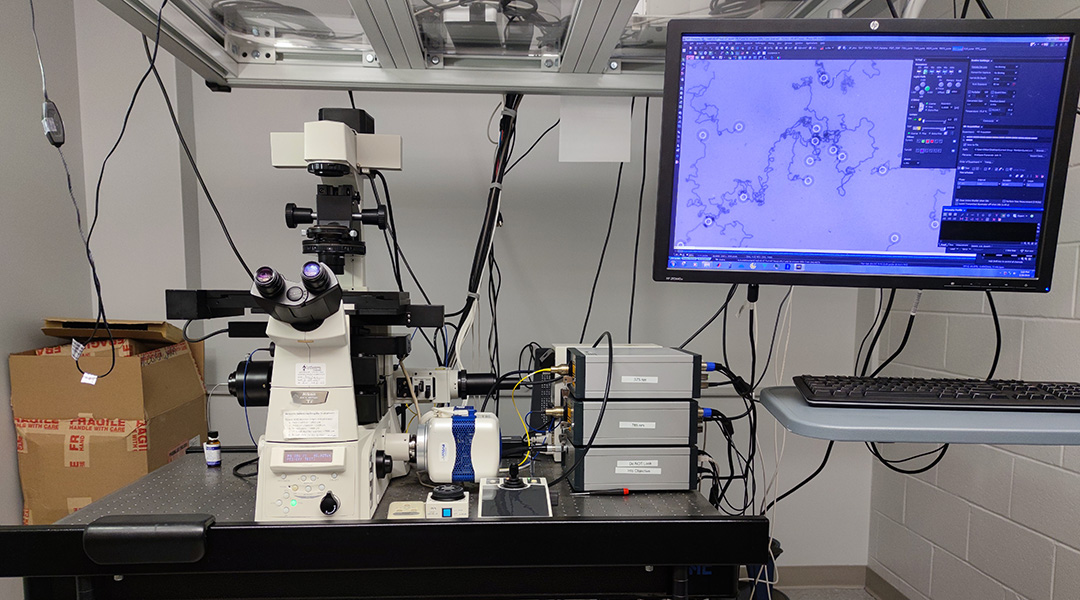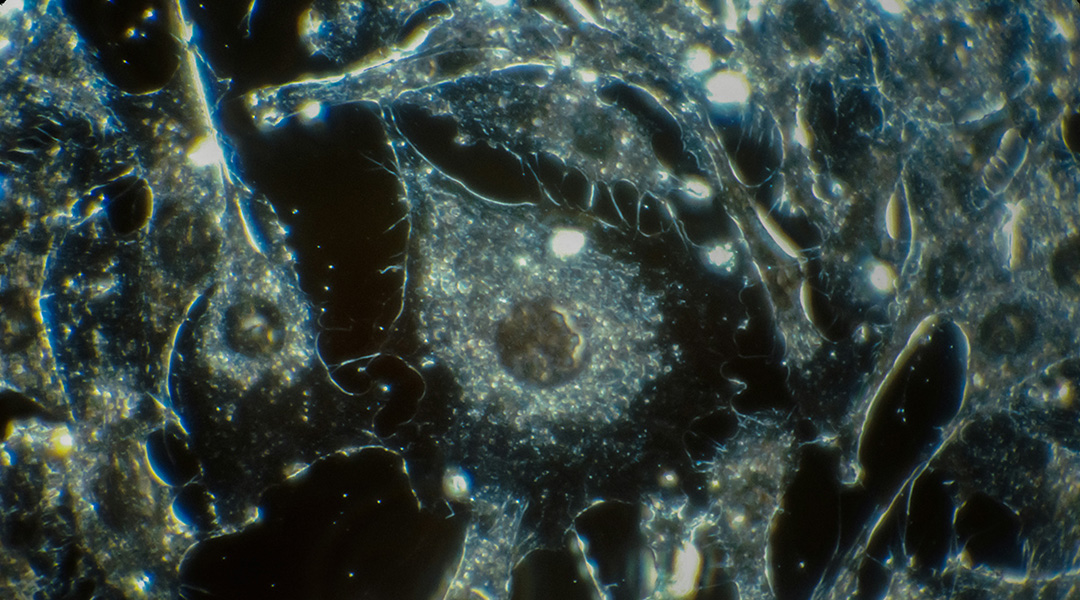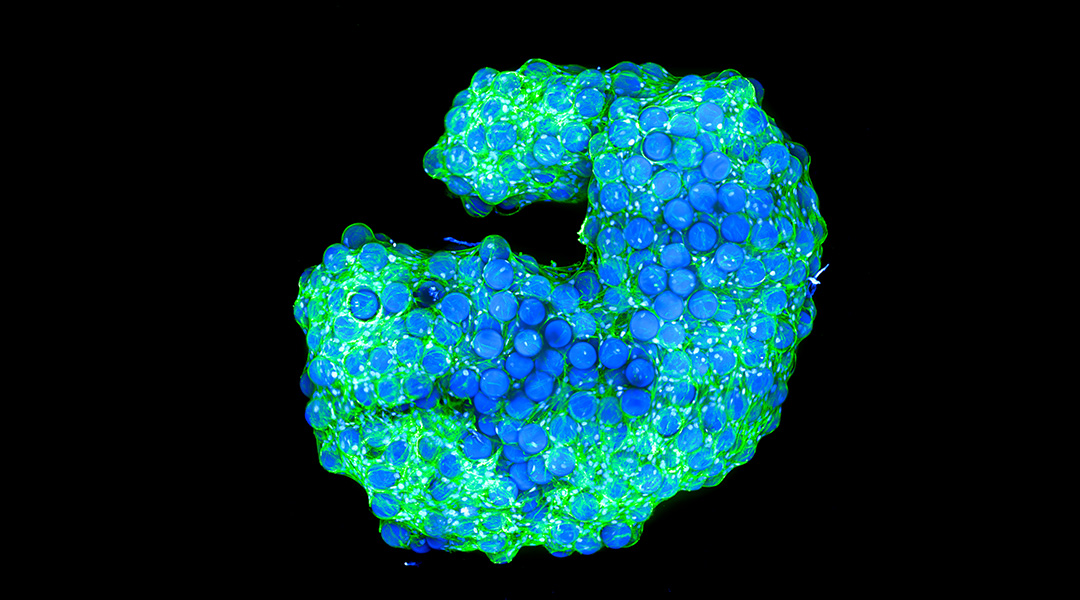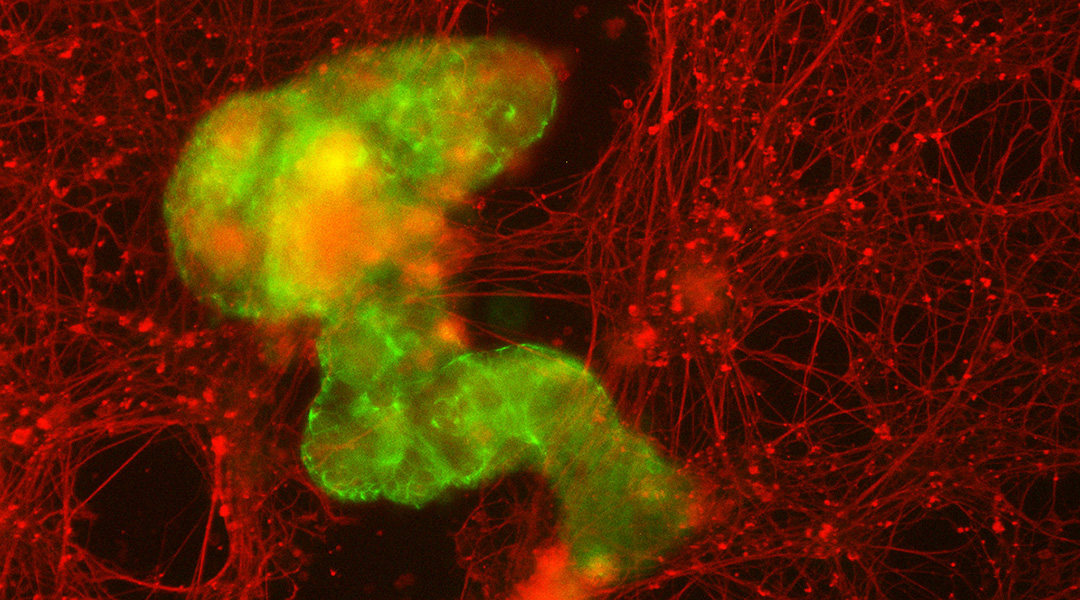Scientists achieve threefold speed boost for DNA nanomotors and applied them to breakthrough virus detection for SARS-CoV-2 and RSV tests.


Scientists achieve threefold speed boost for DNA nanomotors and applied them to breakthrough virus detection for SARS-CoV-2 and RSV tests.

Mechanical therapy physically breaks down cancer cells and could help overcome the problem of treatment resistance.

Researchers have found a trade-off with screen time and the cognition, behavior, and brains volume of adolescent and young children.

Experts argue a new approach is needed so that we are less reliant on antimicrobial drugs, where less use means less resistance.

High blood pressure can rapidly transform healthy arterial cells into inflammation-prone “foam cells” that pose an increased risk of cardiovascular-related issues.

Scientists have created biological structures that when left alone, self-assemble into materials that resemble living tissue.

Microscopic robots made out of a patient’s own cells may be able to work inside the body to repair damage, scope out signs of disease, or fight off infections.

A neuroscientist and intermittent fasting expert weighs in on the potential health benefits of this diet that may go beyond just weight loss.

The nocebo effect appears to play a role in gluten sensitivity, indicating the brain’s possible involvement in the condition.

The generator harnesses energy from water and is built with a fiberform material derived from the straps of disposable medical masks.